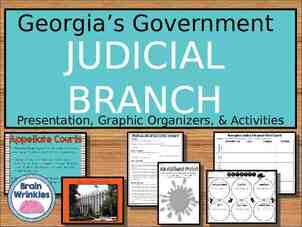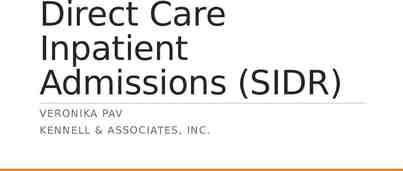DATA INTEROPERABILITY: MOVING TOWARDS THE FUTURE 20 October 2021
13 Slides3.91 MB

DATA INTEROPERABILITY: MOVING TOWARDS THE FUTURE 20 October 2021

Outline of Presentation 1. Understanding Data Interoperability 2. Lessons from the SRD R350 3. Recommendations on the Way Forward

Understanding Data Interoperability

Understanding Data Interoperability Interoperability – the design of things to work together Data interoperability addresses: – – – – the ability of systems and services that create, exchange and consume data to have clear, shared expectations for the contents, context and meaning of that data Protection of Personal Information Act (POPIA) governs – Data collection Type of data, purpose, consent, legal aspects, minimality & transparency) – Data access and accuracy Correct, complete and reliable – Data usage and restrictions Purpose, relevance, restrictions, legality, permission, limitations

SASSA CURRENT INTERFACES 0 - 18 Years Department of Home Affairs Database - All Citizens SARS PAY AS YOU EARN (PAYE) // SARS IRP-5 Retail Medical Financial Motor Trades Entertainment Mining Professional Serv. etc. Engineering Telecom etc. PERSAL PERSOL MUNICIPALITIES AGENCIES GEPF Covid-19 Assistance: Farmers, Sportsmen etc. UIF NSFAS COIDA RAF GOVERNMENT INSTITUTIONS (DSD) CORRECTIONAL SERVICES 60 and Above OTHERS ACTIVE GRANT RECIPIENTS INFORMAL INDUSTRY AND UNEMPLOYED

SRD R350 GRANT The SRD grant highlighted the need for integrated governance from a data perspective Challenges included amongst others the following: – Data not being provided in time for consideration on monthly basis – Data integration / access being challenging (memory stick, hard drives) – Understanding the requirements and the data sets Different data sets to address the same actions – Data Architecture differs / common identifiers – Customer experience and concerns (valid data) Correctness of data / Data being up to date – Not addressing SASSA’s needs from onset

DATABASES AND CHALLENGES Validations Challenges Social Grants (SocPen) None, but many Grant recipients apply. Correctional Services Database is straightforward. Some applications received. Timing issues with released prisoners Persal /Persol Not that many enquiries, but some timing effect could be experienced (Interns etc.) Errors from National Student Financial Aid Scheme (NSFAS) Database seemed to have some inclusions, as well as exclusions. UIF Various Challenges initially experienced. Refreshed Database received, continuous interaction with UIF National Population Register Challenges with how applicants supplied information. Validation often difficult. Risk based approach followed IRP-5 SARS IRP-5 from 1 March 2020 till 28 February 2021 Means Testing with Banks No challenges Databases previously consulted includes Arts & Culture, Sport, Farmers, Spaza Shops – special covid grants were issued in these environments, BAS (Company Directors) Various audit findings received from AGSA. Differing databases, timing issues.

LESSONS LEARNED – LOOKING TOWARDS THE FUTURE

How do we change this picture?

Data Interoperability: Way Forward Address information governance, trust and cooperation – Agreements to be developed and implemented Willingness and ability to share data – Alignment of policies relating to privacy, information security, data use, technical standards etc. is required. – Value creation for the Citizen: Trust between organisations; trust between organisations and the citizen (additional value i.e. Social Grant also provides access to indigent services at Municipal levels Ensure data standards – Commence at collection of data i.e. Home Affairs as identity keeper, standard address fields, cellphone – Move away from proprietary data standards towards interoperable ecosystems Align privacy rules of Organisations – Data to the benefit of Government / Sensitive data – Alignment with POPIA requirements – Customer consent is key (standardised agreements)

Data Interoperability: Way Forward Increase and ensure client matching capabilities – Common identifier – Consider additional matching capabilities Meeting the mutual requirements for data exchange – Ensure full understanding and alignment of the data itself and the requirements – Value of the data for the actual requirements Address financial concerns and investment costs – Memory sticks, external hard drives etc. – Ensuring system interfaces between organisations – Address issues of high availability / business continuity (based on dependency on data) – Consider making use of API’s / web services – cost effective and straight forward – Leverage from internal Government efficiencies

Data Interoperability: Way Forward Be careful of data duplication – – – – Duplication / replication of data Duplication of resources and effort Alignment of timing issues if not directly from source Align with the POPIA requirements – only keeping minimal and crucial information for the intended purpose – Ideally explore implementation of web-services - more focused on a “confirmation” of data values than obtaining data itself

End of Presentation






